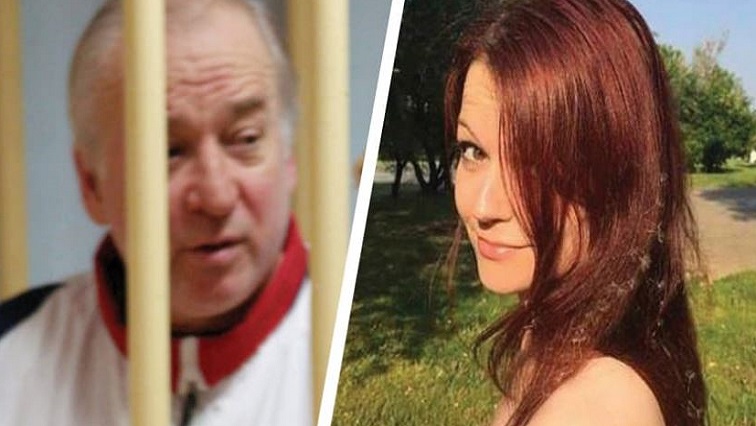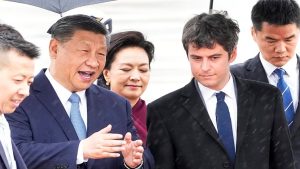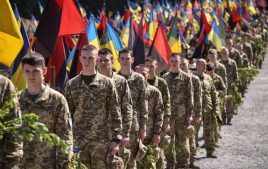Russia has again provided a vigorous defence of itself against allegations that it masterminded a nerve agent attack on two of its citizens in Salisbury in the United Kingdom a year ago.
The poisoning of Sergei Skripal – a former Russian intelligence officer who later became a double agent for Britain and his daughter Yulia – saw a diplomatic confrontation after London laid blame for the attack firmly at Russia’s door.
Britain believes the attack, using a Russian-made chemical substance called Novichok, was aimed at eliminating Skripal after being authorized at the highest levels of the Russian government.
British Prime Minister Theresa May visited Salisbury Monday on the one-year anniversary of the attack and after authorities there concluded they had enough evidence to bring charges against two Russian agents who traveled to the English city at the time of the attack.
In New York, the deputy head of Russia’s mission to the UN, Ambassador Dmitry Polyanskiy argued that nothing conclusive had been established yet.
“Despite huge efforts of the UK police, it has not been able to support the political version of the incident with facts and proof. We have a lot of unconfirmed things, even mysterious facts, but no specifics and zero substance so far. The most important thing … we still don’t know who did it, why and how – one year on.”
The UK says CCTV images place the two Russian suspects – agents of their country’s intelligence service – in the vicinity of the Skripal’s home in Salisbury while testing of the hotel rooms where the suspects stayed showed traces of the Novichok agent.
British police have concluded that charges of conspiracy to murder Sergei Skripal and his daughter among others should be brought against to the two agents who had since left the UK. The following is a quote from British Prime Minister Theresa May speaking in March in 2018.
“It is now clear that Mr. Skripal and his daughter were poisoned with a military grade nerve agent of a type developed by Russia. This is part of a group of nerve agents known as Novichok. Based on the positive identification of this chemical agent by world-leading experts at the Defence Science and Technology Laboratory at Porton Down, our knowledge that Russia has previously produced this agent and would still be capable of doing so, Russia’s record of conducting state-sponsored assassinations and our assessment that Russia views some defectors as legitimate targets for assassinations, the government has concluded that it is highly likely that Russia was responsible for the act against Sergei and Yulia Skripal.”
The Skipals where secretly resettled after their recovery last year and Russia wants answers.
“What we really want to do and what we will try to achieve, we want to have information and access to our citizens because Britain has the obligation to do so, the Vienna Consular Convention under bilateral treaties. In fact, we are being denied access to our citizens for one yea. As I told you, the only thing we saw was a video address by Julia Skripal but it was in May – almost one year ago. What do we know now? There are certain written documents attributed to them, like we don’t want to speak to the Russian side, we are okay, don’t bother us, but who knows who wrote this document,” says Ambassador Polyanskiy .
The attack led to the expulsion of dozens of diplomats from Russia and several Western countries and tit-for-tat moves igniting a diplomatic confrontation not seen since the Cold War.
“We have entered a new era in international relations because now evidence is needed and verification mechanism developed under existing international law do not have to be activated. It’s enough to use the words like likely, highly likely, probably, maybe – there is no other plausible explanation and so on.”
Months after the attack, a local man found a perfume bottle containing traces of the discarded nerve agent. His girlfriend later died from accidental exposure.






